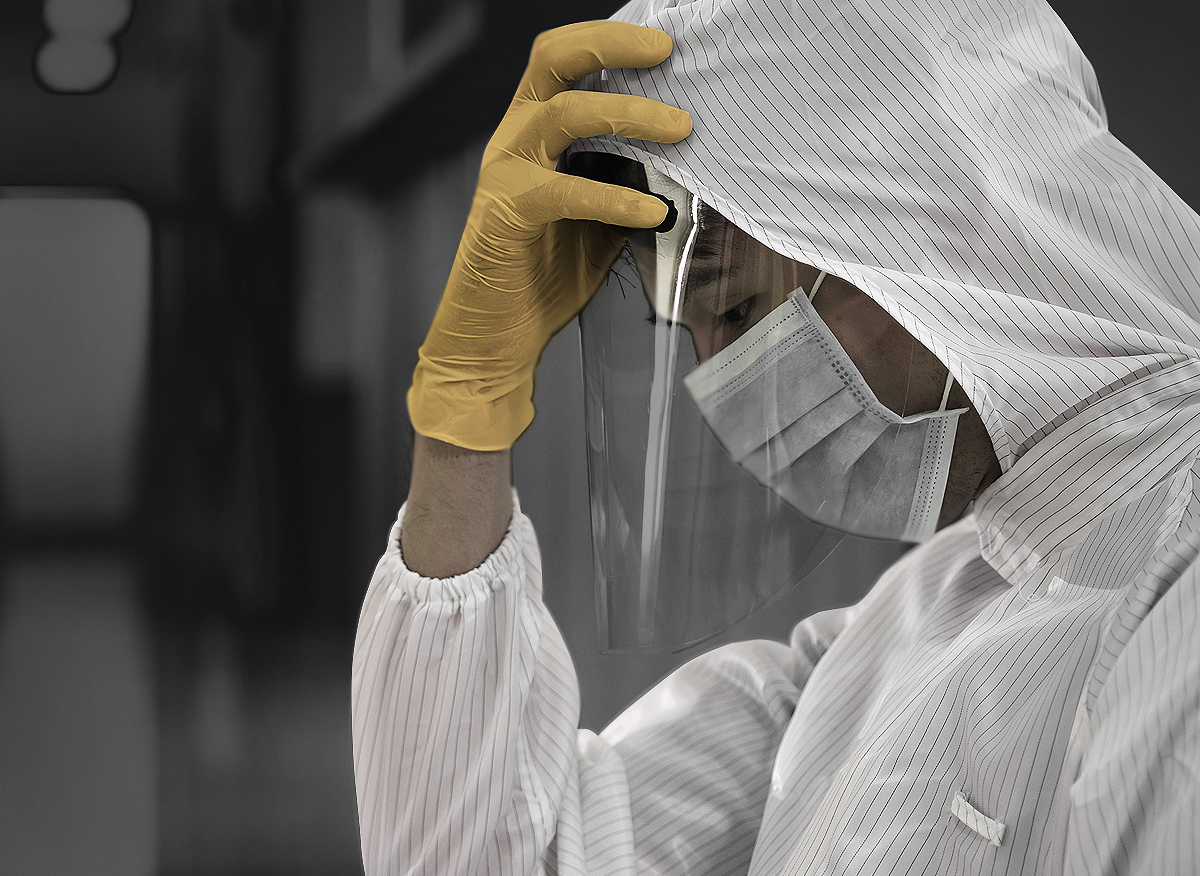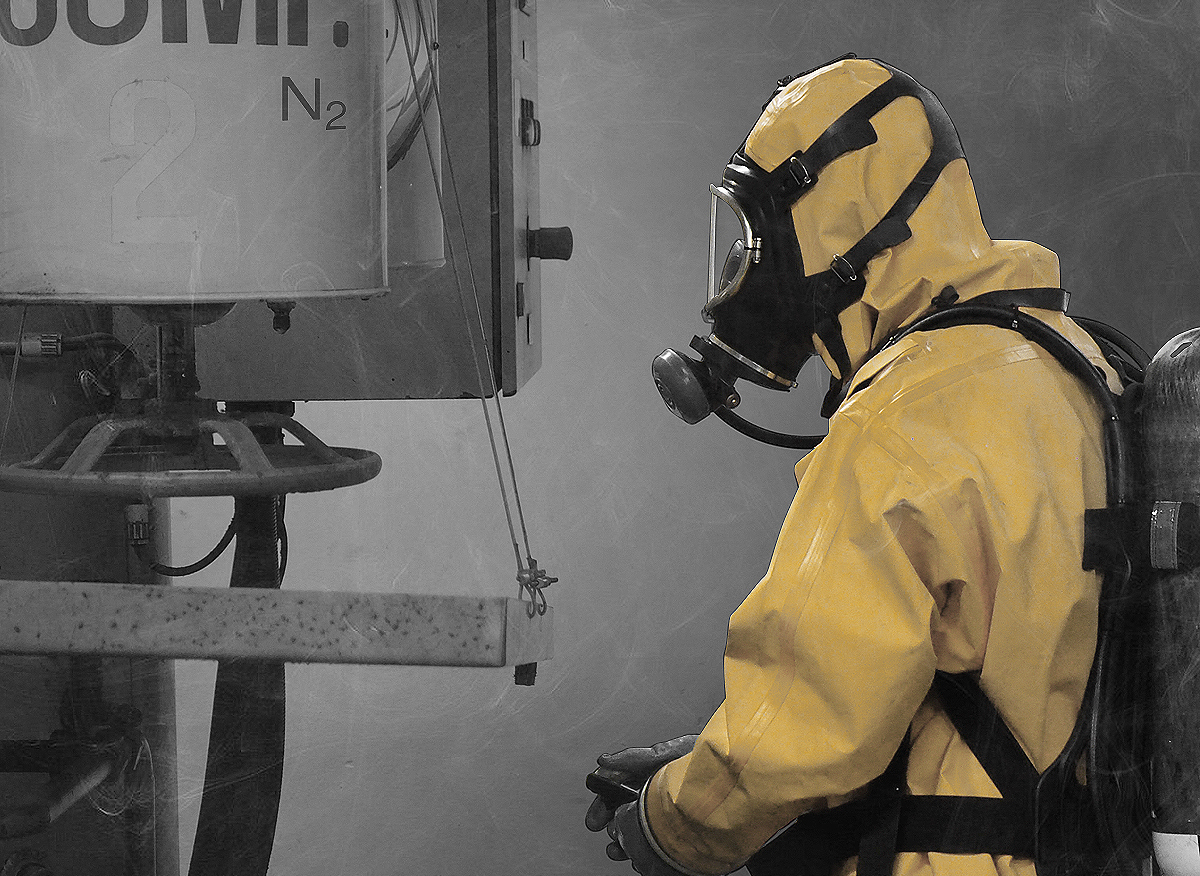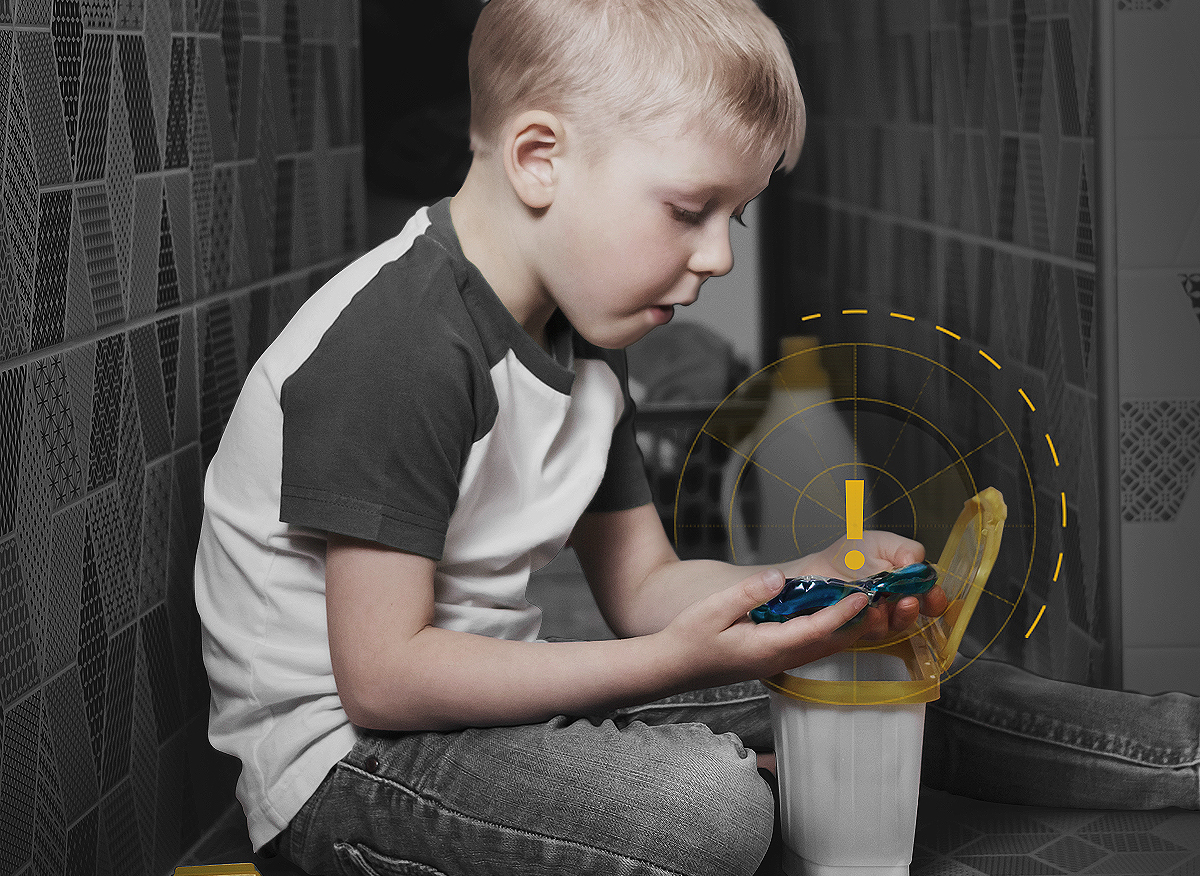Since the pandemic started, we have heard news of people getting diagnosed with coronavirus each day in almost every part of the globe. What we usually forget is, the impact of the pandemic is not only affecting physical health—it takes a toll on people’s mental health, too.
With this, it is crucial to make sure that COVID-19 first responders are not only prepared with the right PPE and the right skills; they have to be geared with the right mindset as well. Being equipped with psychological first aid skills can help doctors, paramedics, and nurses deal with the trauma they face. Keep in mind that behind every frontline health worker is a person with emotions—they can be drained and depleted if not taken care of.
Suffering from the strain
Last December, the British Medical Association surveyed over 7,700 doctors in England, Wales and Northern Ireland and learned that 46% said their mental health had deteriorated during the pandemic, while 58% said they had some form of depression and anxiety. With the rising statistics of COVID cases, no wonder frontline health workers are feeling the strain and pain of seeing patients struggle with the virus—or die from it—and families deal with getting separated from their loved ones.
Another study published in the journal Occupational Medicine shows more than one in seven clinicians and almost one in five nurses working in ICU shared thoughts of suicide or self-harm. These figures are just as urgent as the number of COVID-19 cases that are being reported each day. If our nurses and doctors fail to take care of themselves, how can they take care of their patients?
Equipping first responders
Psychological First Aid, or PFA, may be defined as “a compassionate and supportive presence designed to mitigate acute distress and assess the need for continued mental health care.” (Everlyn and Flynn, 2005)
PFA aims to reduce the effects of acute stress and trauma; and assist people in crisis to cope effectively with hurdles. PFA is designed to be applied in emergencies, such as natural disasters, terrorist attacks, or the COVID-19 pandemic. Psychological First Aid can be used as a means for building community resilience as well. However, it does not replace psychotherapy or the need to receive professional help.
A core principle of administering PFA is taking care of oneself, and this is what our health workers need to be reminded of in these trying times. Caring for others does not have to be at the expense of one’s own health.
Supporting frontline workers
Thankfully, there has been a positive development amid all the bad news this pandemic brought us. The NHS is establishing dozens of mental health hubs to assist workers who have been traumatised by treating coronavirus patients during the pandemic. NHS staff will be able to contact one of the 40 new hubs in the UK so they can get advice and support from mental health nurses, psychologists, recovery workers and therapists.
Frontline workers who are encountering mental health struggles will be encouraged to access the service. The hubs’ staff will offer their help and directly call nurses and doctors deemed at highest risk, which are likely to include those who work on COVID wards, in A&E units, and intensive care.
This initiative will significantly improve our health workers’ situation, especially since some of them focus too much on helping improve their patients’ well-being while neglecting their own.
Setting an example
What the NHS has done is something worth emulating in different parts of the world. Having centres dedicated to addressing health workers’ emotional and mental well-being will help in facing the strain pandemic brings. Just like disaster first responders are trained to administer psychological first aid (both to patients and to one another), frontline workers should be trained to deal with emergencies as well, both logistically and emotionally.
As American Medical Association President Patrice A. Harris, M.D. said, “Just as airlines remind passengers to put on their own oxygen mask before helping others in the event of an emergency, so too should physicians attend to their own mental health and well-being while caring for their patients.”
Are you a health worker? Do you know someone who is? Equip yourself and your colleagues with the basics of Psychological First Aid when you take our course on The Knights of Safety Academy. You can also enrol in our other similar modules, including but not limited to the following:
Coping in Isolation: Understanding Depression and Anxiety
Building Resilience and Avoiding Burnout
Spread the word, stay safe, and stay sane.
Together, we can rise above this pandemic.




